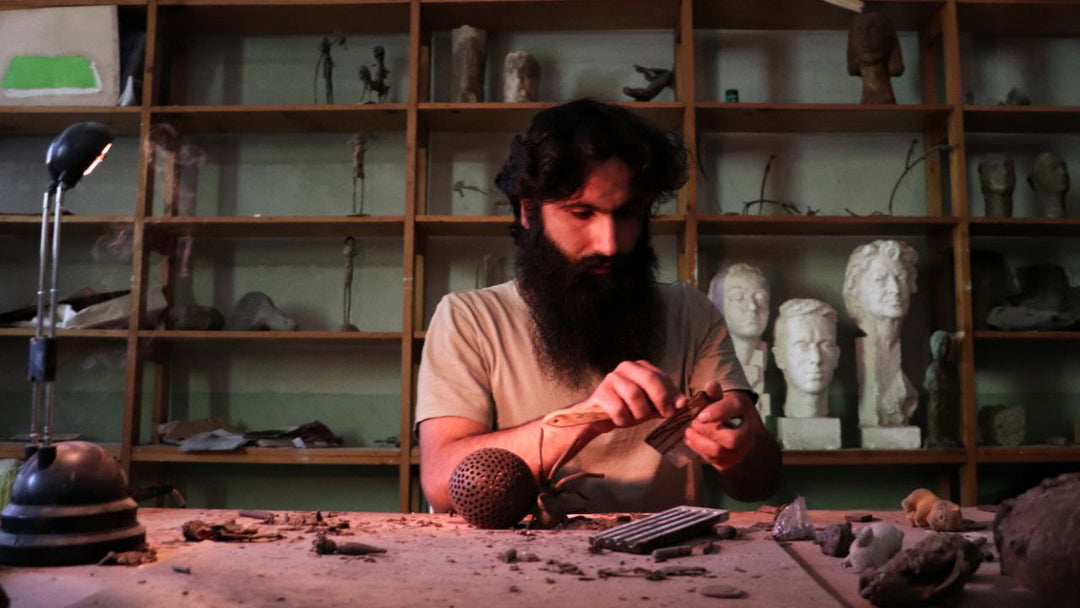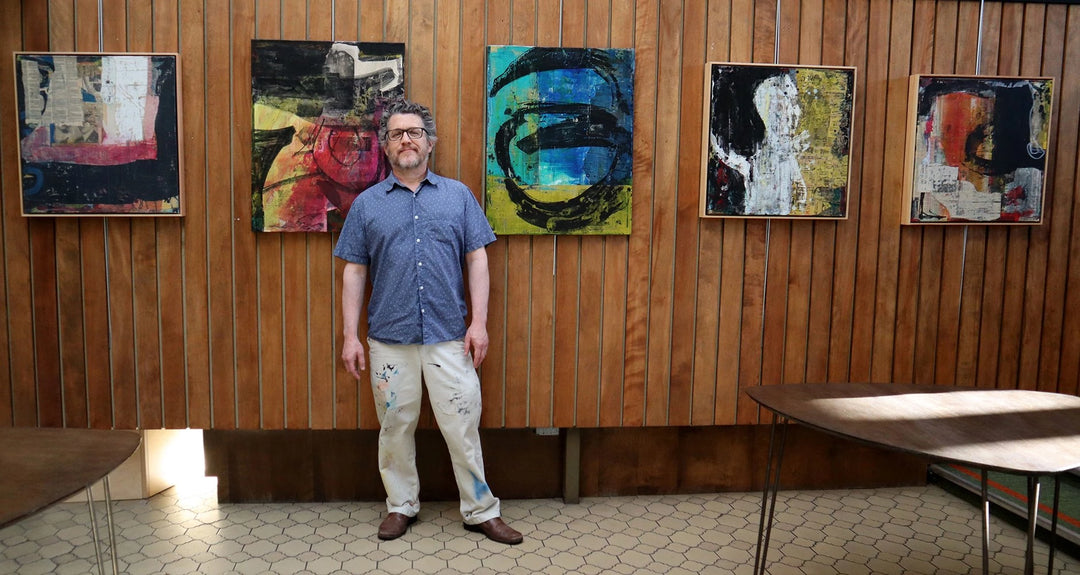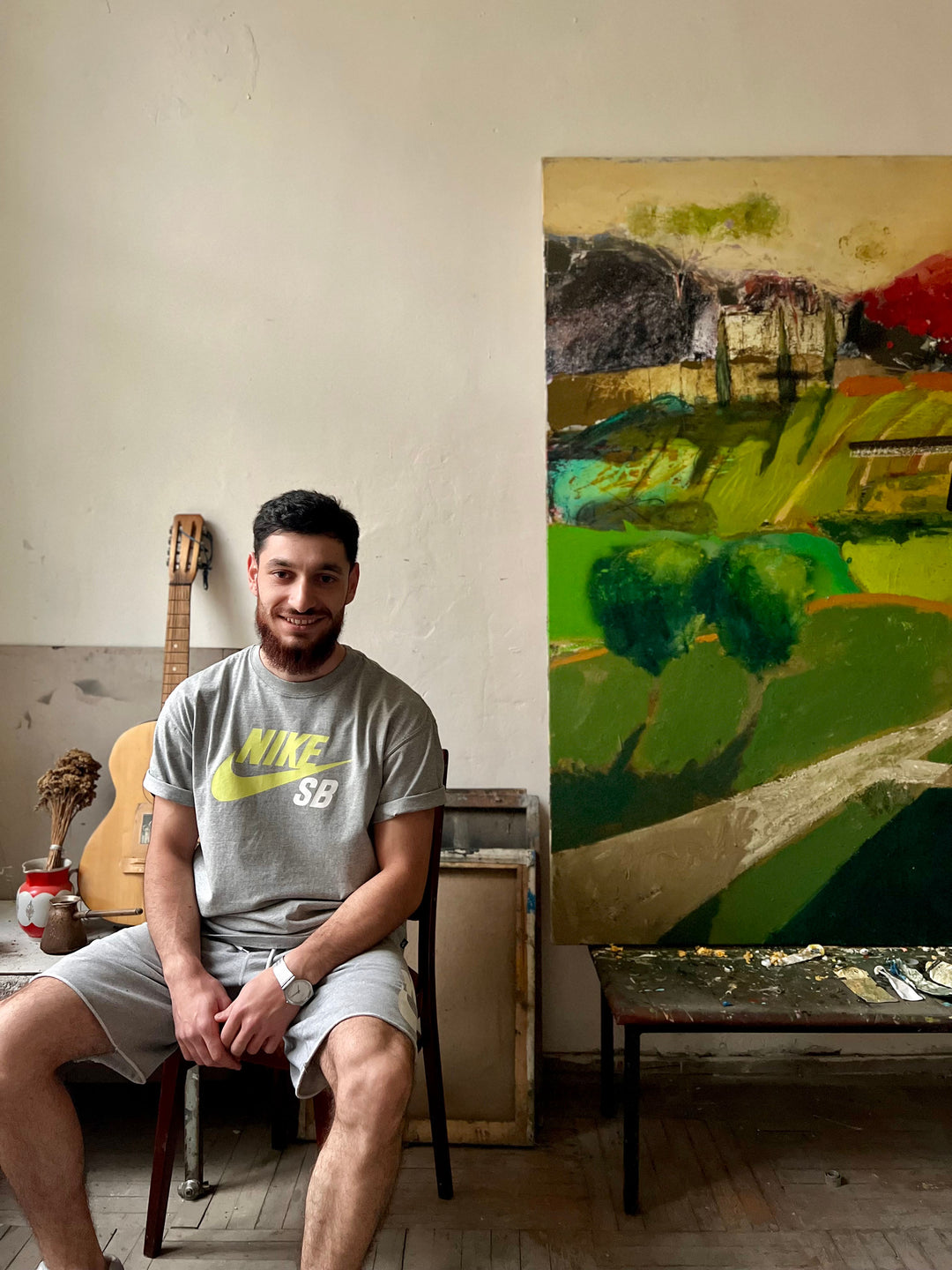Artsakh's Artistic Legacy: A Tale of Beauty, Resilience, and Struggle
In the heart of the South Caucasus, the region of Artsakh, also known as Nagorno-Karabakh, stands as a testament to the artistic and spiritual endeavors of the Armenian people. As visitors explore the pages of TsovArt Gallery, the tale of Artsakh offers a poignant journey through the annals of time, where art, faith, and resilience converge against a backdrop of conflict and survival.

Ancient Beginnings and Timeless Artistry
Artsakh's history is painted with the vibrant colors of its art and culture. The region's petroglyphs at Ughtasar provide a window into pre-Christian life, revealing tales of ancient rituals, hunts, and dances. As Christianity began to flourish in Armenia, Artsakh emerged as a spiritual epicenter, with landmarks like the fourth-century Amaras Monastery symbolizing the faith's deep roots and architectural magnificence.
Centuries of Strife: The Targeting of Armenian Heritage
However, the artistic and religious treasures of Artsakh have, over centuries, faced relentless challenges. Ottoman-era Turkey and its successors, driven by motives that blended geopolitical ambitions with deep-seated religious animosities, sought to obliterate Armenian Christian heritage. The genocide of the early 20th century, where 1.5 million Armenians perished, marked a dark chapter in this enduring struggle.
Recent decades have seen the continuation of these tragic patterns. In late 2020, Azerbaijan, with the backing of Turkey, intensified its campaign against Artsakh. This was not merely a territorial dispute. The ancient churches, crosses, and cemeteries became specific targets, emblematic of a broader campaign to erase Armenian identity. The Holy Savior Cathedral in Shushi (Ghazanchetsots), an architectural gem, suffered direct hits, and ancient monastic complexes faced defacement or complete destruction.
As noted by international observers, including Luis Moreno Ocampo of the International Criminal Court, these actions aren't random acts of war but calculated attempts at cultural genocide.
A Resilient Spirit Amidst Modern Challenges
Despite the heart-wrenching losses, the Armenian spirit remains undaunted. Faced with existential threats, the people of Artsakh and their global diaspora are more committed than ever to preserving their rich heritage. Their endeavors go beyond mere restoration; it's a poignant declaration that their culture, art, and faith cannot be obliterated.
In Reflection
For those who wander through the TsovArt online Art Gallery, the tale of Artsakh serves as a somber reminder of art's transcendent nature. Art here is not a mere aesthetic pursuit; it’s a lifeline, a chronicle of a civilization's soul, a beacon of hope and resilience. As we appreciate the beauty and depth of Artsakh's legacy, let us also remember its ongoing struggle and lend our voices to the chorus calling for its preservation.
Tigran Marutyan










Leave a comment